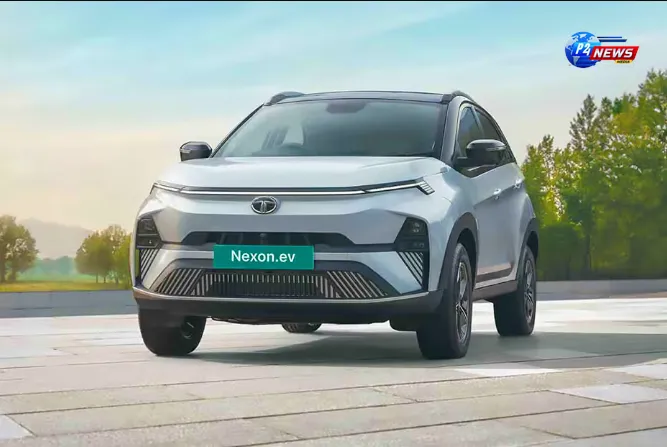The GST on the resale of used vehicles by businesses has increased from 12% to 18%, aligning the used electric vehicle market with that of traditional petrol and diesel vehicles. This change affects the overall pricing and taxation landscape for pre-owned vehicles.
The recent resolution by the Goods and Services Tax (GST) Council to implement an 18% tax on the resale of pre-owned electric vehicles (EVs) has generated a considerable amount of uncertainty. Finance Minister Nirmala Sitharaman's statements, which included references to a tax based on the "margin value" of these resales, unintentionally led to the impression that individual sellers of used cars would be responsible for this tax.
In reality, the tax will only apply to businesses engaged in the resale of used vehicles, not to private individuals selling their own cars.
This taxation overview highlights what businesses will face when selling pre-owned cars under the new guidelines.
Confusion regarding the hike in GST was evident during the press conference held after the 55th GST Council meeting, where the panel sanctioned an 18% rate on used EVs sold by commercial entities, up from the earlier 12%. The decision created a ripple effect of misunderstandings among the public and stakeholders alike.
During the briefing, Sitharaman clarified that the tax is not levied on the entire resale price but is applicable only to the margin value. She provided an illustrative example: if a vehicle was acquired for Rs 12 lakh and resold for Rs 9 lakh, the tax would only apply to the marginal difference which reflects a decrease in value.
This statement initially led many to think they would face a tax burden on reselling their vehicles even when selling at a loss, creating further confusion.
The GST Council's agreement to adjust the GST to 18% for used EVs sold by businesses means this tax is strictly relevant to the margin value. For instance, if a dealer buys a used electric vehicle at Rs 9 lakh and sells it for Rs 10 lakh, the applicable tax of 18% would only target the Rs 1 lakh profit margin. Moreover, transactions between private individuals remain unaffected by this tax regulation.
This move aligns the taxation framework for used electric vehicles with that of their petrol and diesel counterparts, which have long been subject to an 18% tax rate, thus maintaining consistency across the board.
In summary, here is the simplified breakdown:
Individuals are exempt from GST: A person purchasing a vehicle for Rs 12 lakh and selling it to another individual for Rs 9 lakh will not incur any GST liability.
Businesses are liable for GST: A dealer acquiring a vehicle for Rs 9 lakh and selling it at Rs 10 lakh will have the 18% GST applied solely on the Rs 1 lakh profit margin.
This clarification from the Council came as part of an official release outlining the intent behind the decision, which seeks to normalize the tax treatment for various vehicle types, encompassing electric, petrol, and diesel vehicles alike.
However, the implications of this tax on the market for used EVs have raised some concerns. The increased tax burden on dealer margins could potentially deter buyers, impacting the appeal of the second-hand EV market.
While new EVs maintain a favorable GST rate of 5% aimed at promoting their adoption, the new taxation framework for second-hand electric vehicles might add hurdles in furthering electric vehicle usage in the long run.
In addition to the adjustments to EV taxation, the GST Council maintained that aviation turbine fuel (ATF) will remain outside the "one-nation-one-tax" framework, preserving its taxation under the current system. Furthermore, the Council has recommended a GST exemption for contributions made by general insurance entities to the Motor Vehicle Accident Fund, a facility established under the Motor Vehicles Act of 1988 that provides compensation and cashless treatment to victims resulting from road accidents, including hit-and-run incidents.
















Comments 0